Books
An interview with Louise Doughty
Here at Dead Good, we’re big fans of Louise Doughty. Time and time again, we’ve found ourselves holding our breath as we turn the pages of her latest book, pulled in by engrossing plots, relatable characters and first rate writing.
Her new psychological thriller, Black Water, is a hugely intriguing, suspenseful novel that stayed with us long after we’d turned the final page. It’s a rich, complex novel that tells the story of a man with an awful secret – while delving into issues of morality, race, politics and class, getting under the skin of a society and seeing what makes it tick.
We were lucky enough to quiz Louise about the book, her own reading habits and the recent adaptation of Apple Tree Yard as part of the Black Water blog tour!
Can you tell us a little about your new book, Black Water?
Black Water begins in a hut in a rural area of Bali, Indonesia, where a man called Harper is lying awake mortally afraid – he thinks men with machetes are going to come and kill him. Very soon, the reader finds out that what Harper is really afraid of is not what is going to happen but something he himself has done. He was in Indonesia thirty years before, during the political turmoil of the 1960s, when he did something terrible. Now he’s returned – and the ghosts of his past are waiting for him.
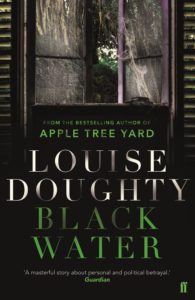 In Black Water, you examine issues of politics, race and class through the personal story of one man. How did the character of John Harper come to you?
In Black Water, you examine issues of politics, race and class through the personal story of one man. How did the character of John Harper come to you?
He came to me, very strongly, when I was in Indonesia myself, appearing at the Ubud Writers & Readers Festival and staying in a hotel that was very luxurious but felt quite remote. I had terrible insomnia, and a picture came to me of a man lying awake at night listening to the sound of monsoon rain on his roof and feeling mortally afraid. I didn’t know who he was or why he was there, but I did know at once that there was a terrible secret in his past.
The book delves into some of the darkest times in recent world history, from the cold war to the civil rights struggle, and the Indonesian massacres of 1965. What made you choose to examine these historical events, and how did you go about your research?
When I returned from that first trip, I immediately started researching the history of Indonesia and was horrified by my own ignorance – the massacres of 1965 rate alongside the killings in Cambodia and Rwanda as one of the great tragedies of the second half of the twentieth century – yet they are virtually unheard of in the west. Once I worked out that Harper was a young man at that time, it wasn’t hard to do the maths and realise that he was born during the first world war, during the Japanese occupation – so I gave him a white Dutch mother and an Indonesian father and it really cracked open the whole plot, the whole mystery of his past. I made three subsequent trips to Indonesia and read an awful lot of history. I love research, though, that thrill of going out to hunt your story down.
What attracts you to psychological thrillers?
I always give a small, self-mocking snort when people call my books ‘gripping’, because I honestly don’t set out to write thrillers – I think it’s just that I’m interested in large events, the life and death stuff, secrets and violence, and the minute you write in that territory, you inevitably create a sense of momentum in your story. But if I sat down at my desk and said to myself, ‘Now I have to grip my reader,’ I would be paralysed. It always begins with the creation of a character. Will the reader believe this person is real, will they care? If you can manage that, then your reader will be gripped, whatever happens to them – although it’s true I make a lot of things happen to them as well. I could never write a poised, elegiac novel about someone who ran an art gallery and did nothing but drank tea and thought about how life was meaningless. I would want to stick a bead up their nose. If I attempted that sort of book, then by chapter two a woman in a balaclava would have stolen half the paintings, the gallery owner would have died of a heart attack and an unexploded grenade would be discovered in the ladies toilet. Well, I’m exaggerating, but you get my drift.
You’re an expert when it comes to building tension, creating suspense and drip-feeding a sense of dread. Has your writing style been influenced by any authors in particular?
I’m a big fan of Toni Morrison, Margaret Atwood, Helen Dunmore, Hilary Mantel, Kate Atkinson – all those writers have a real knack of writing complex, well-written works that also have terrific stories to tell – you really want to know what happens next as well as loving the writing: there’s no conflict between those two skills, they both operate in the service of each other. Historically, I love that fantastic group of mid-twentieth century authors who lived through the Second World War and the Cold War: Graham Greene, George Orwell, even Neville Shute.
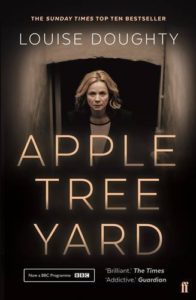 If you could recommend one book you’ve read recently, what would it be and why?
If you could recommend one book you’ve read recently, what would it be and why?
Helen Dunmore’s new novel Birdcage Walk is tremendous – Bristol in the late 18th century with a building boom underway and the French revolution simmering abroad, and a young wife caught between a sinister, authoritarian husband and her pamphleteer-writing friends. It’s terrific.
How did it feel seeing Apple Tree Yard on the small screen? How involved were you in the adaptation process?
Kudos TV made it for the BBC and they were brilliant about involving me. I was an Associate Producer and got to go on set about once a week and see some post-production – the whole thing was very exciting and very strange. I was completely unprepared for the huge publicity fuss when it went out, the tabloid attention and the controversy. It made me very aware just what a relatively obscure and protected world the world of books is for authors. It was wonderful but I’m glad it’s out there now and I can get back to writing.
Will we get to hear from Yvonne Carmichael again? We’d love to find out what happens to her next and hear there might be an Apple Tree Yard sequel in the pipeline!
Ah now, which newspapers have you been reading??? That story is based on some – I stress very – theoretical remarks I made. Let’s just say, it’s not what I’m working on at the moment but I wouldn’t entirely rule it out for the future.
What’s next for you?
A fair proportion of this year will be taken up by the promotion process for Black Water but I’ve also got a new novel underway – not to give to much away but it’s about obsessive love and there’s a supernatural element. I also have two other novel ideas bubbling away on the back burner and I’m working on an original television script – I’ve been commissioned to write a first episode but we’ll see how it goes. I no longer have a ‘day job’ since Apple Tree Yard but the management of everything that has come from it is almost as time-consuming, in a good way. There will come a point where I just have to pull up the drawbridge of the moat and take the phone off the hook and get on with the next book. I can’t wait.
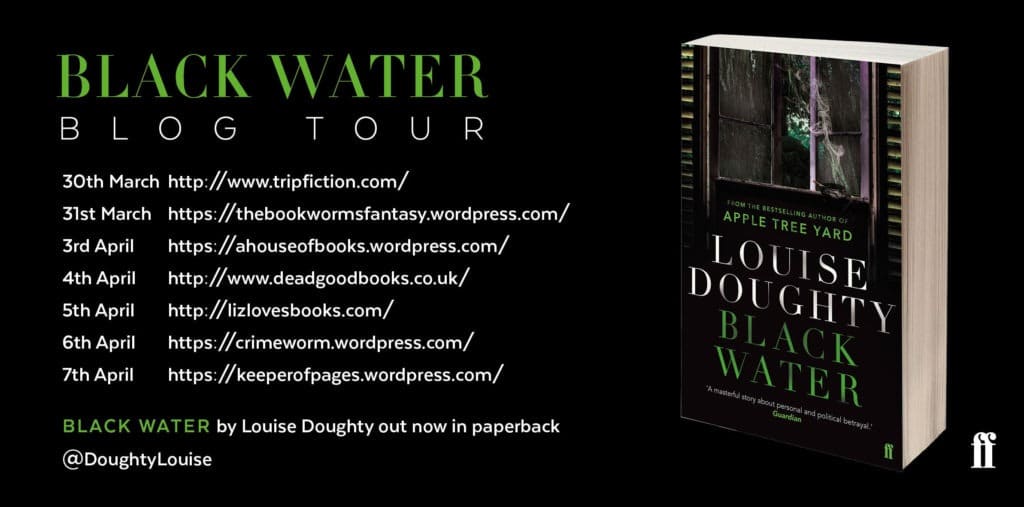
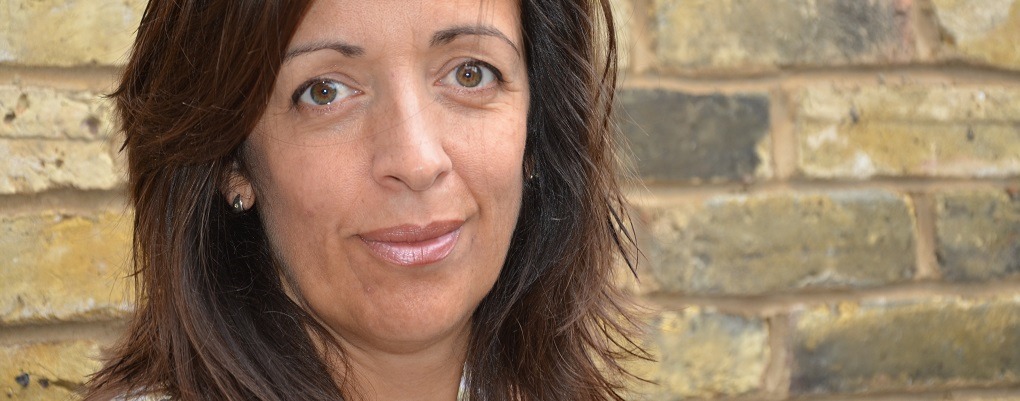
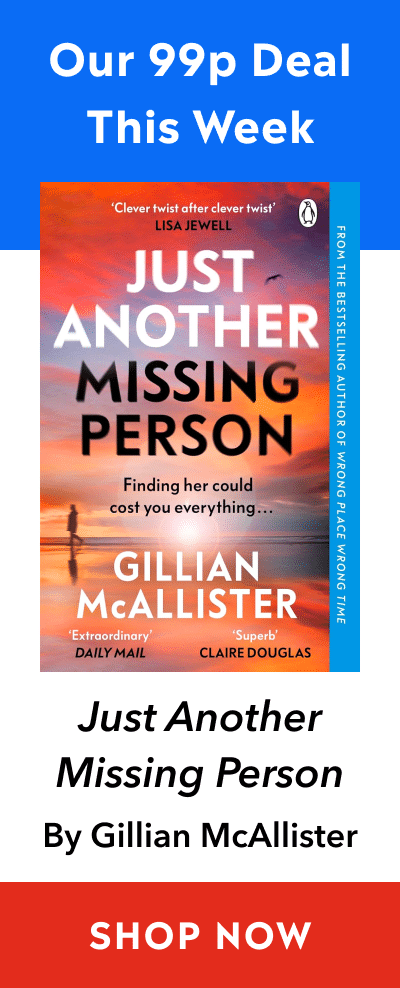
Please note: Moderation is enabled and may delay your comment being posted. There is no need to resubmit your comment. By posting a comment you are agreeing to the website Terms of Use.